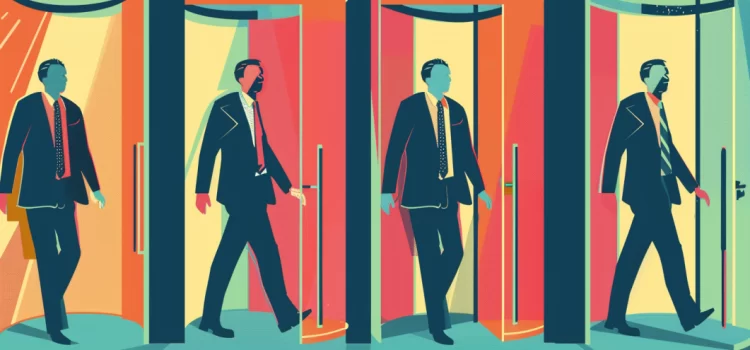How was Twitter created? What company started it all? Why did its hypergrowth become an issue? Twitter (now called X) was first created in 2006 as a status-sharing service. Four men, Noah Glass, Evan Williams, Biz Stone, and Jack Dorsey came up with the original idea for the platform. Here’s a brief look at the creation of Twitter, as told in Hatching Twitter by Nick Bilton.
The Creation of Twitter—From Ideation to Success










